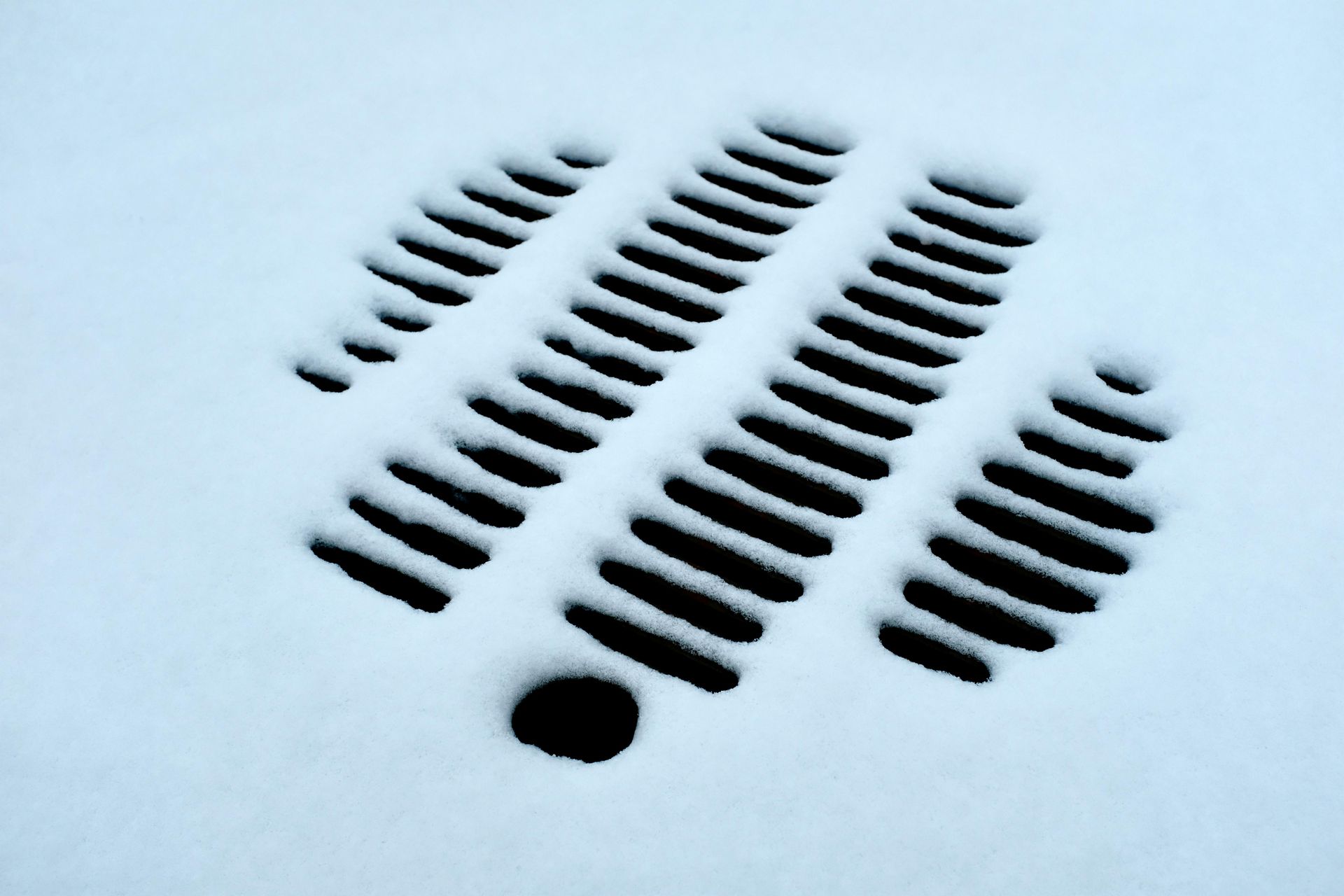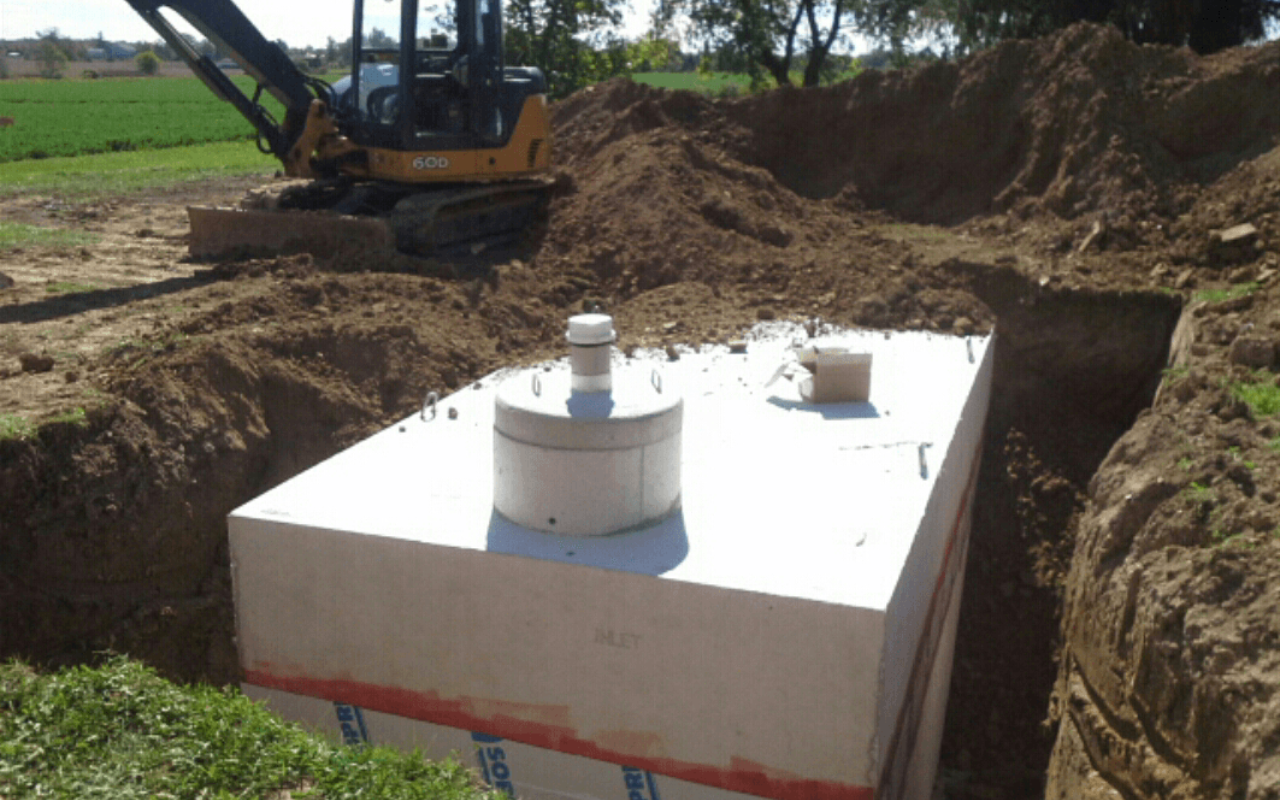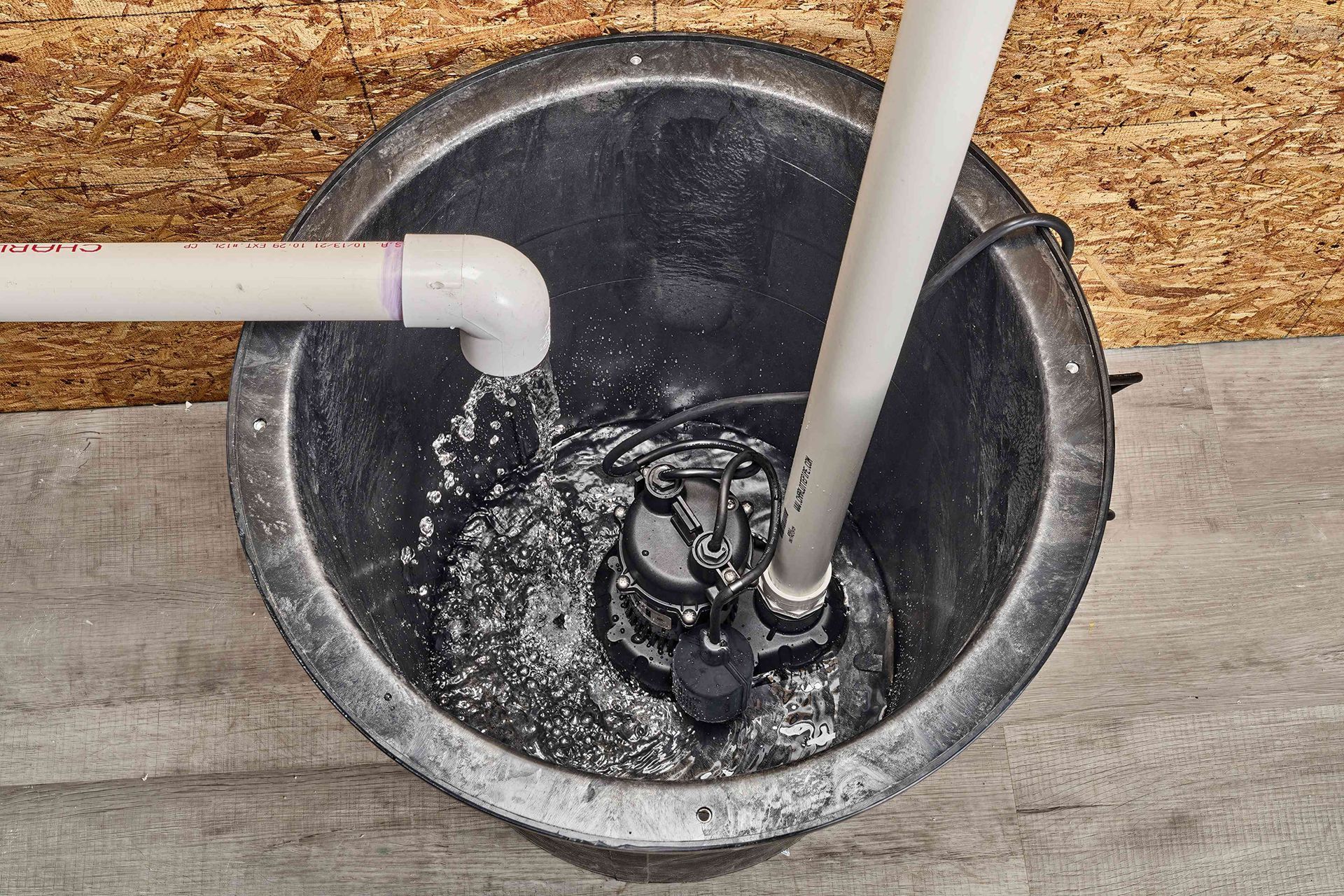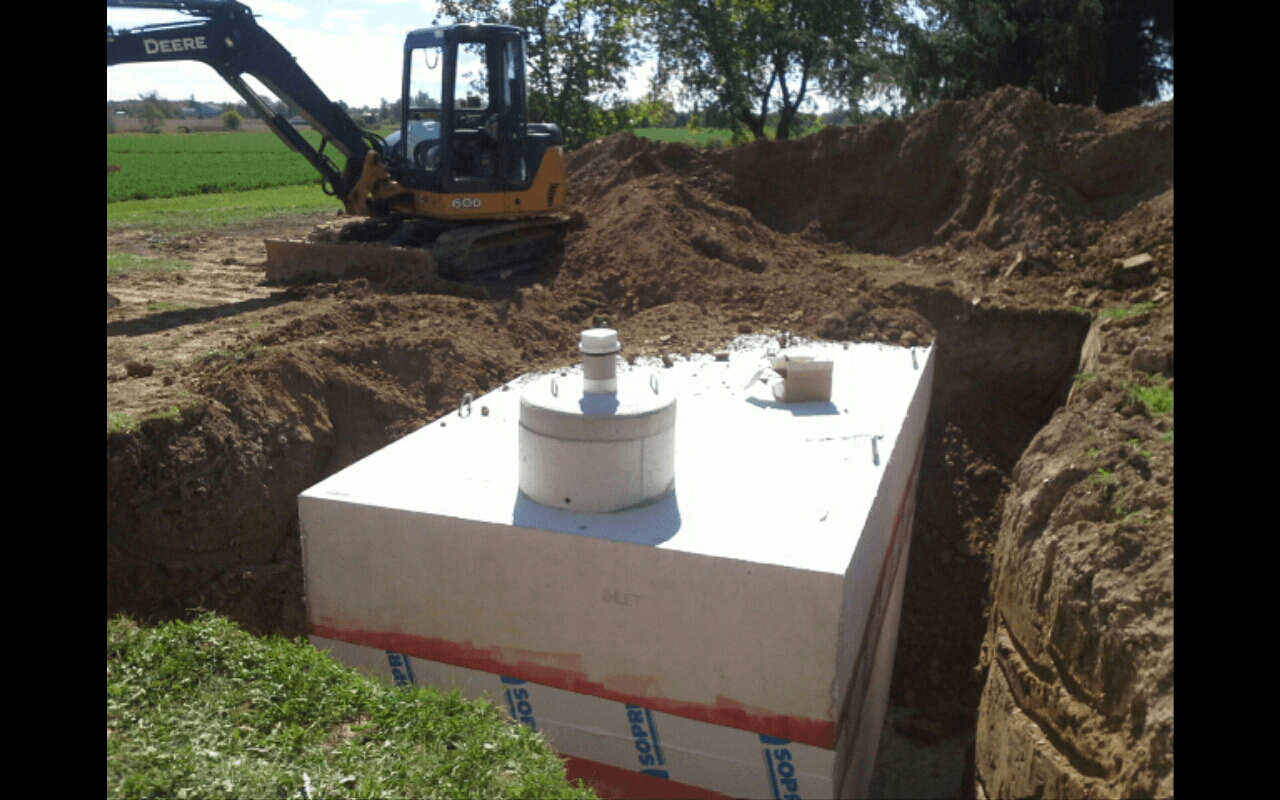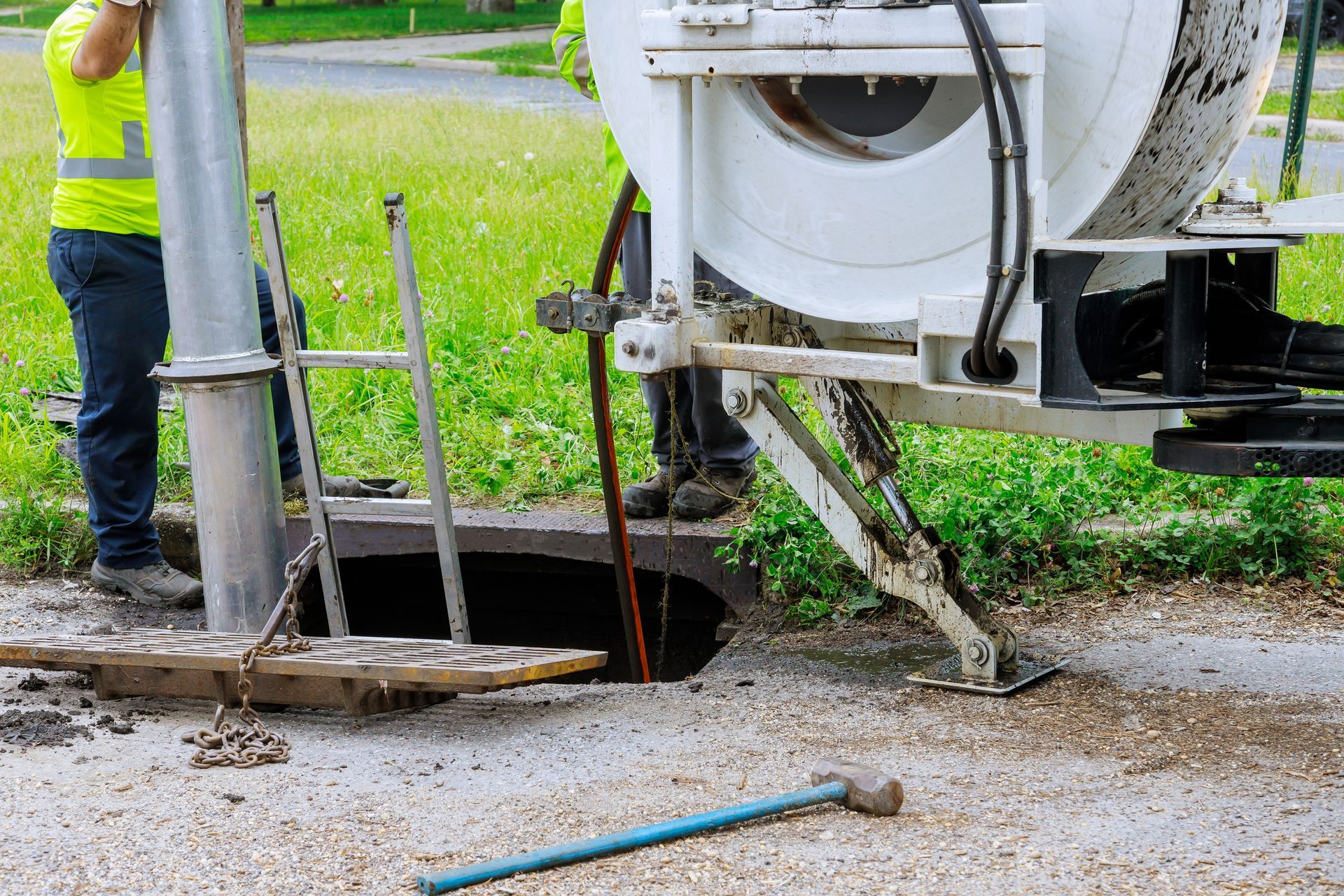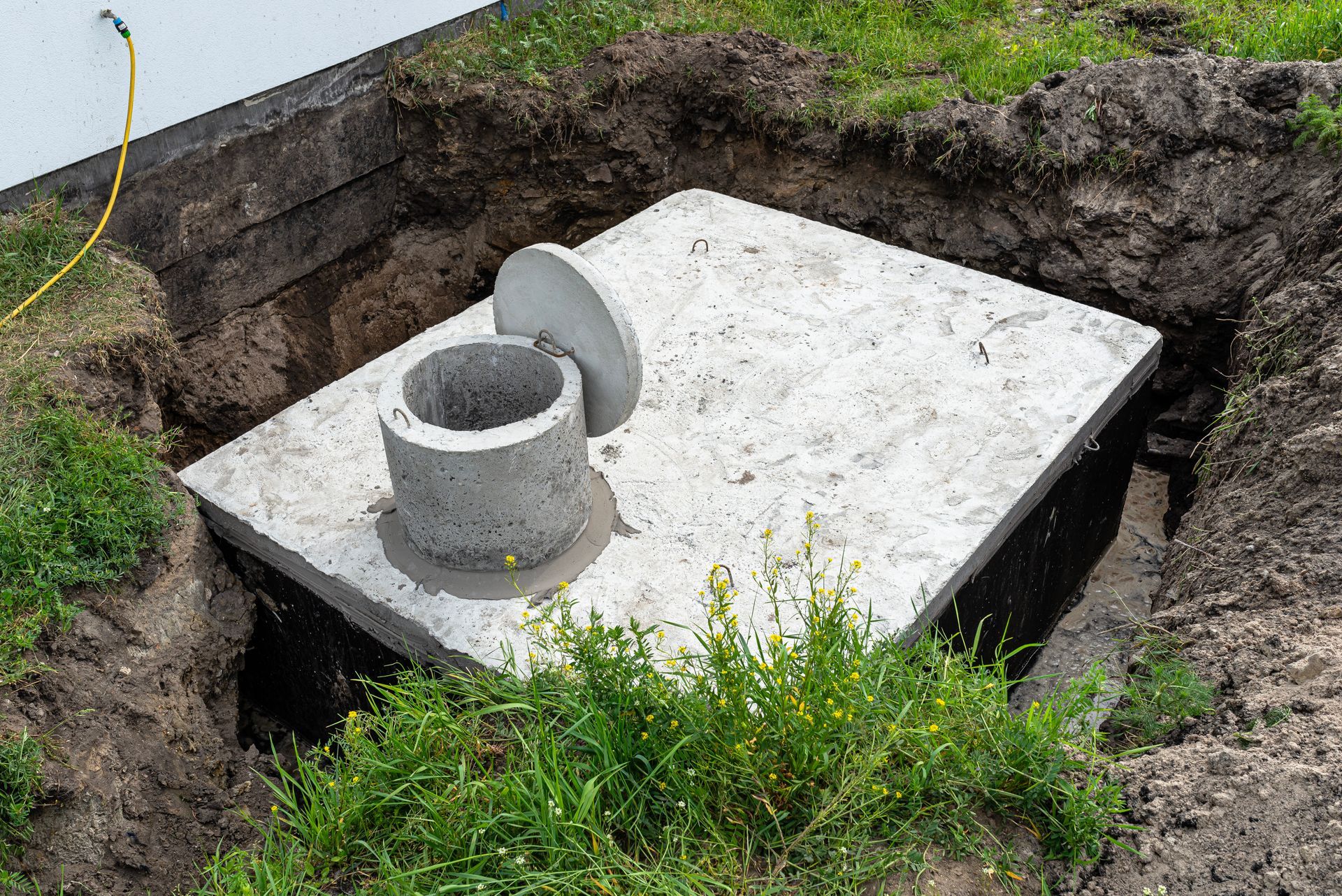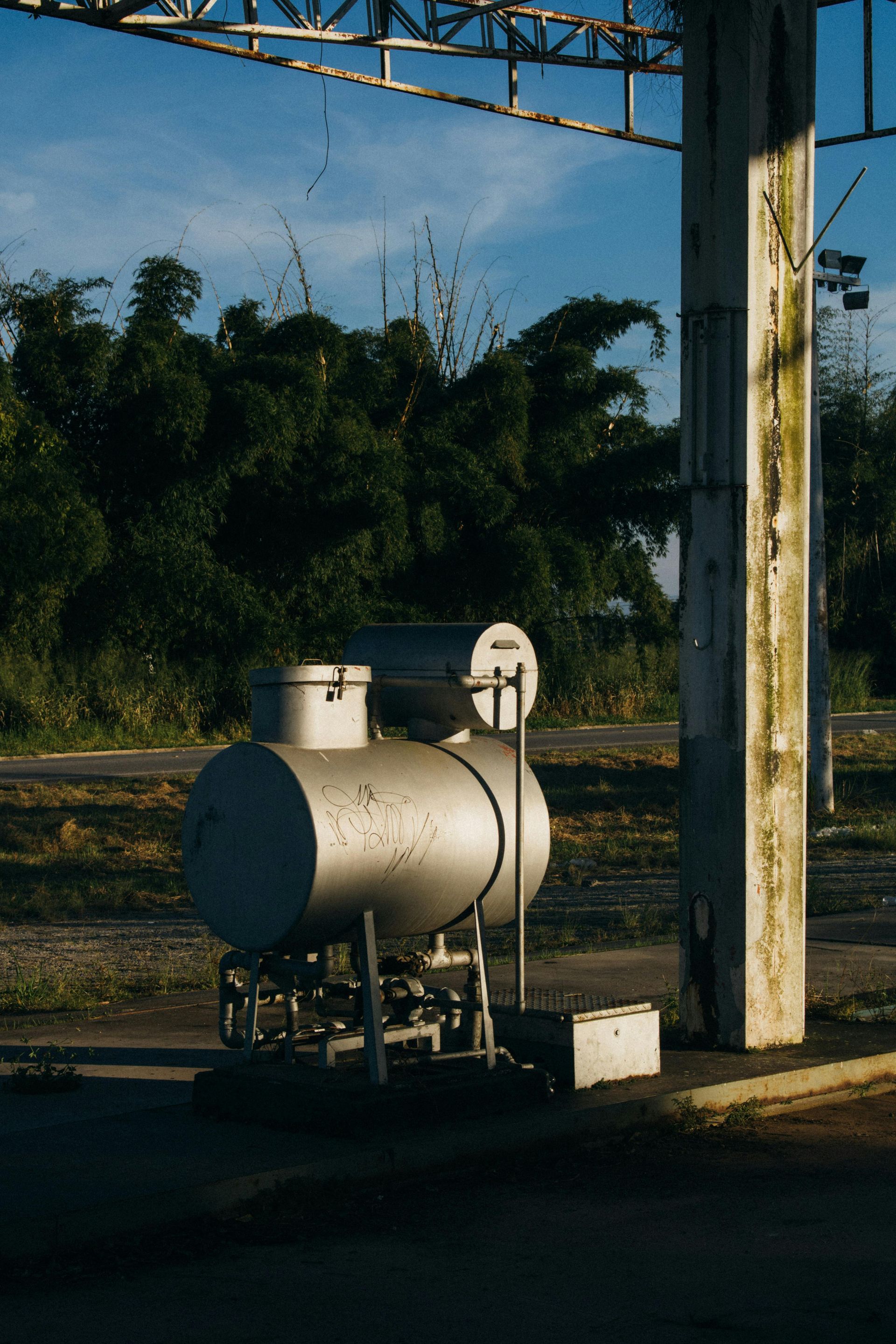How Often Should My Septic Tank Be Cleaned Out?
Your septic system is one of the most important components of your home, yet it's often the most neglected. Since it works silently underground, it’s easy to adopt an "out of sight, out of mind" mentality. However, ignoring your septic tank can lead to disastrous and costly consequences, including foul odors, sewage backups, and complete system failure. Understanding and practicing regular maintenance is key to a healthy, long-lasting septic system.
So, how often should you have your septic tank cleaned out? The answer isn't a simple one-size-fits-all. Several factors influence the ideal pumping schedule for your household. This guide will walk you through what you need to know to protect your property and your wallet, with expert insights from professionals like Dan Parr Septic Systems and Pumping.
Understanding Your Septic System
Before we discuss cleaning frequency, let's briefly cover how your septic system works. Every time you flush a toilet, run the dishwasher, or take a shower, wastewater flows from your home into the septic tank.
Inside the tank, the waste separates into three layers:
- Scum: Lighter materials like grease and oil float to the top.
- Effluent: The middle layer consists of relatively clear liquid wastewater.
- Sludge: Heavier solid waste settles at the bottom.
Naturally occurring bacteria in the tank break down some of the solid waste. The liquid effluent then flows out of the tank into a drain field (or leach field), where it is filtered by the soil before returning to the groundwater.
Pumping, or cleaning, removes the accumulated sludge and scum layers. If these layers build up too much, they can clog the system, prevent the effluent from flowing out properly, and lead to serious problems.
Key Factors Influencing Cleaning Frequency
The general recommendation is to have your septic tank pumped every three to five years. However, this is just a guideline. Your specific needs may vary based on several important factors.
Household Size
The number of people living in your home is the most significant factor. More people mean more water usage and more solid waste entering the tank. A single-person household will produce far less waste than a family of six, allowing them to go longer between pump-outs.
- 1-2 People: May be able to go 5 years or more.
- 3-4 People: Typically require pumping every 3 to 4 years.
- 5+ People: Often need to have their tank cleaned every 2 to 3 years.
Septic Tank Size
Septic tanks come in various sizes, usually measured in gallons. A larger tank can hold more sludge and scum, meaning it can go longer without being pumped. The most common sizes for residential homes range from 1,000 to 1,500 gallons. If you don't know your tank's size, a professional from Dan Parr Septic Systems and Pumping can help you identify it during an inspection. A smaller tank will naturally fill up
faster and require more frequent service.
Water Usage
Your household's water consumption habits play a crucial role. High water usage can stir up the solids in the tank, pushing them into the drain field before they have a chance to break down. This can cause the drain field to clog and fail prematurely—a very expensive repair.
Activities that increase water usage include:
- Running a dishwasher or washing machine daily.
- Taking long showers.
- Using a garbage disposal (which adds significant solid waste).
- Ignoring leaky faucets or toilets.
Conserving water not only helps the environment but also extends the life of your septic system and reduces the need for frequent pumping.
Use of a Garbage Disposal
While convenient, garbage disposals can be tough on septic systems. They increase the amount of solid waste entering the tank by as much as 50%. This extra solid material requires more frequent pumping to prevent the tank from overloading. If you use a garbage disposal regularly, you should plan to have your tank pumped at least once a year more often than recommended for your household size.
Warning Signs That Your Septic Tank Needs Cleaning
Your septic system will often give you warning signs when it's full or starting to fail. If you notice any of the following issues, it’s time to call a professional immediately.
- Foul Odours: Smelling sewage or rotten eggs near the septic tank or drain field is a classic sign that the tank is full or clogged.
- Slow Drains: If toilets, sinks, and showers throughout your home are draining slowly, it could indicate a problem with your septic system rather than an isolated clog.
- Sewage Backup: The most unpleasant and obvious sign is sewage backing up into your drains, toilets, or showers. This is a clear emergency that requires immediate attention.
- Pooling Water: Unexplained wet spots or standing water on your lawn, especially around the drain field area, can mean the system is overloaded and liquid is being forced to the surface.
- Lush Green Grass: While a green lawn is usually desirable, unusually vibrant and spongy grass over your drain field can indicate that excess liquid from a failing system is "fertilizing" the area.
The Benefits of Regular Septic Maintenance
Investing in regular septic tank cleaning is not an expense—it's a smart investment in your home's infrastructure.
- Prevents Costly Repairs: The cost of pumping a septic tank is minor compared to the cost of repairing or replacing a failed drain field, which can run into tens of thousands of dollars.
- Protects Your Property Value: A well-maintained septic system is a selling point. A failing one can be a major liability that deters buyers and lowers your home's value.
- Safeguards Health: Sewage backups and contaminated groundwater pose serious health risks to your family and pets by exposing them to harmful bacteria and pathogens.
- Protects the Environment: Failing septic systems can leak untreated wastewater into the ground, polluting nearby streams, lakes, and drinking water sources.
Your Partner in Septic Health
Keeping your septic system in top condition doesn't have to be complicated. By understanding the factors that affect your system and staying vigilant for warning signs, you can ensure it operates efficiently for years to come. The most important step is partnering with a reliable and experienced professional.
For expert advice and dependable service, look no further than Dan Parr Septic Systems and Pumping. Their team can inspect your system, determine the appropriate cleaning schedule for your household, and perform a thorough pump-out to keep your system running smoothly.
Don't wait for a smelly, messy, and expensive problem to arise. Proactive maintenance is the key.
Contact Dan Parr Septic Systems and Pumping today to schedule an inspection and give yourself the peace of mind that comes with a healthy septic system.
